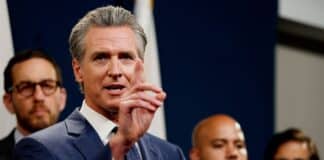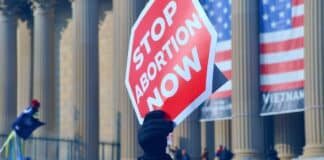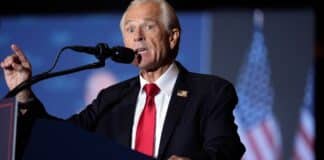The U.S. Supreme Court is set to hear oral arguments Thursday, May 15, on President Donald Trump’s executive order aimed at ending birthright citizenship for children born to non-citizen parents. The Court will also consider whether lower federal courts exceeded their authority by issuing nationwide injunctions that blocked the policy from taking effect.
President Trump’s executive order, signed on January 20, 2025, seeks to deny automatic U.S. citizenship to children born on U.S. soil to parents who are neither citizens nor lawful permanent residents. The order has been blocked by federal judges in Maryland, Massachusetts, and Washington state, who cited potential violations of the 14th Amendment, which historically grants citizenship to those born in the U.S.
The Trump administration has requested the Supreme Court to limit the scope of these injunctions to only the parties directly involved in the cases. The Department of Justice (DOJ) argued that the universal injunctions “prohibit a Day 1 Executive Order from being enforced anywhere in the country, as to ‘hundreds of thousands’ of unspecified individuals who are ‘not before the court nor identified by the court.'” The DOJ added that, “Universal injunctions have reached epidemic proportions since the start of the current administration.”
Critics of the executive order argue that it contradicts the 14th Amendment and longstanding Supreme Court precedent, including the 1898 case United States v. Wong Kim Ark, which affirmed birthright citizenship. Western District of Washington Senior U.S. District Judge John Coughenour called the executive order “blatantly unconstitutional” and emphasized that “birthright citizenship is a fundamental constitutional right.”
The Supreme Court’s decision could have significant implications for the balance of power between the executive and judicial branches. The justices are expected to weigh the authority of lower courts to issue nationwide injunctions, a practice that has been criticized for enabling “judge-shopping” and potentially disrupting federal policies.





